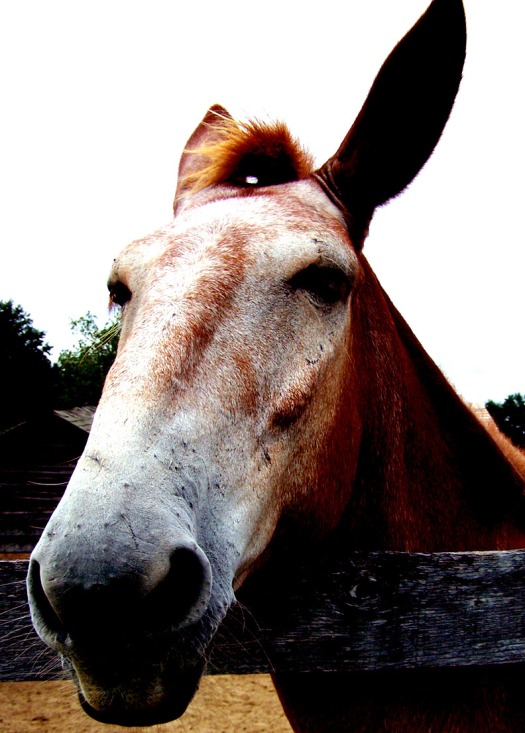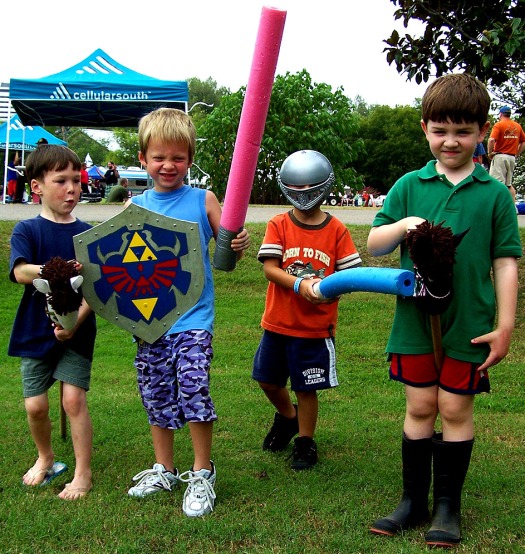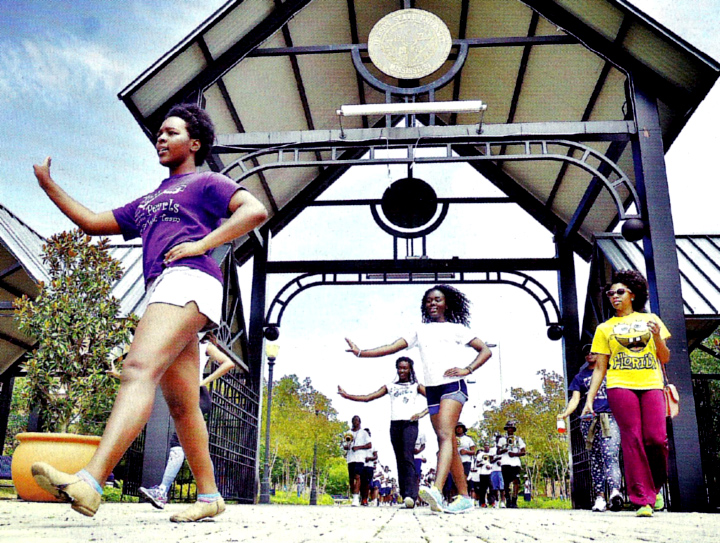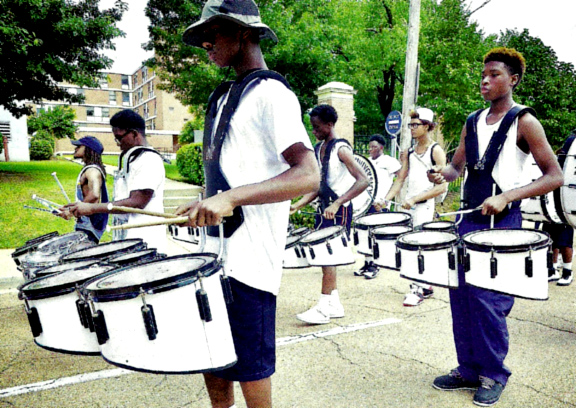Doughty Warriors
Thank U God
Blair School Mural
Jackson State University’s Baby Boom
Music lives in the heart of Jackson State University, and two of the most conspicuous components of that commitment to the expression, generation and perpetuation of music as essential elements of our culture are WJSU-FM, the city’s premiere source for living jazz, rhythm and blues and gospel, and the summa cum laude of bands, The Sonic Boom of the South.
The Jackson State University Marching Band was dubbed The Sonic Boom of the South by students in 1971. The band was initially formed of college enrollees and students from Lanier High School in the 1940s. Through the years it has become known for intricate precision marching and a jazz-infused, “big band” sound. The band has performed many halftime appearances for the Atlanta Falcons, Detroit Lions, New Orleans Saints and Cincinnati Bengals, and is a premiere attraction in halftime performances during football games and parades across Mississippi and in other states. This past June the Sonic Boom held their second band camp on the campus of Jackson State University in Jackson, attracting some 150 students. “The bulk of the students are from the South, from North Carolina, Georgia, Tennessee and Texas,” said Roderick Little Associate Director of Bands at JSU. “A lot of the camp this year is from Texas. There are several groups out of Dallas, Texas, and they brought maybe about 20 kids each. We also have students from Kansas City, Maryland, and most surprising a student from California.”
The camp is designed to provide extensive curriculum and teaching instruction of musical pedagogical approaches and marching fundamentals while providing a fun, strategic learning atmosphere for secondary school instrumentalists and band directors. Competencies will include leadership skills, social maturation, instrumental/musical growth, physical fitness and networking amongst students. Master classes were offered by the Sonic Boom band staff, including Leadership Skills, Classroom Management, Field Show Content, Arranging, Instrumental Pedagogy and more. Social events such as talent shows and dances were also held.
“We are continuing to reach out as music educators. I think that the college should be forerunners for secondary schools as it relates to teaching others how to be proficient,” Little said. “This camp is designed to continue to teach kids in music education at the secondary level. Because as I mentioned, I think that’s the job of collegiate programs: to help others. People should know about the continuing outreach of education from collegiate to the secondary sectors and the teaching of life skills.”
This past May, National Public Radio broadcast a feature story on the marching band at Edna Karr High School in New Orleans. The story focused on music education as not just another part of the school’s curriculum, but more as a lifeline for kids struggling against poverty, crime and urban decay, how marching bands keep kids off the street, give them a reason to come to school, and even get them into college.
“That story is very true to what we do here at Jackson State,” Little said. “As a matter of fact, the director, Christopher Herrero, is an alumnus of JSU. In particular, kids in those urban areas really take a liking to band, or really any sort of extracurricular activity for that matter because it helps keep them out of trouble. I think it told the story of really more than just one thing that a band can do. It’s more than teaching music. For a lot of students that come into collegiate bands, particularly from urban settings, the scholarships are very important because these are students whose parents would not be able to pay for school otherwise. So we do offer scholarships to students coming in, even though our scholarship budget isn’t as large as we could hope it would be. We do try to supplement the students who come here to Jackson State as much as we can. The recruiting is very competitive because every college wants the best students, the top students, so we go out and basically bid for students.”
One outstanding element of the band camp at JSU is the instruction of jazz to high school students. According to Little, this is an essential component of the experience Jackson State offers to the visiting students.
“Jazz lives here at Jackson State, and jazz is an art form that many people tend to run away from because it’s hard to understand because jazz is such an emotional kind of music; you have to be emotionally connected to it to actually play it,” Little said. “And I’ll be honest; it takes a special type of person to play music in general, but it takes a different type of person to play jazz because you have to connect to it. By implementing a jazz ensemble here at camp, we want to take those students who have that little something extra and teach them how to take it to the next level. All of these different ensembles together make up what we call a holistic band program. So the jazz ensemble plays a major role because it adds to that feeling of what we’re doing here. We have two great jazz ensemble directors, one of whom is on our band staff, and so what we wanted to do this year with camp is that we wanted to open it up, not just to subject the students to training in marching bands, but to teach them in ensemble work, and jazz is one of those ensembles.”
Henry Martinez is a trumpet player from Dallas. “I like the jazz band. We play our instruments in ensemble sessions, and then we go outside for the marching drill formations,” Henry said. It’s hard work, and they keep us on our toes, but I like the discipline, and I hope to bring that sense of discipline back to my school, how to be a leader and get everyone to work together instead of a lot of individuals just sticking up for themselves.”
“We’ve had a band at our school for a long time, but it’s like we change directors every year, so there’s not really a feeling of tradition like I’ve found here,” said Destiny Hopkins, a piccolo player and drum major from Atlanta. “I thought it was really going to be hard when I came here, but the staff really went out of their way to make us feel like we were part of something, part of a group. It’s like we’ve been doing this together forever. I’m looking forward to taking home of a piece of the musical tradition I’ve found here.”
Tarique McClendon from Atlanta, who plays baritone, said, “The pride that they instilled in us the very first day is so important, and that’s something I hope to bring home. The very first day, when we walked into orientation, Mr. Little got us all together and called us the ‘Baby Boom’. At that moment, and from then on, we were like family, we were all really close, it was like Destiny said, it was like we’d all been doing this together forever.”
In addition to the classes for students, the band camp at Jackson State also offers instruction for music educators who attend. “We have sessions with directors to help them with their preparations with their bands. Also, the thing which I consider most important, is that they come together from different parts of the United States and discuss problems that they might be having, holding round table discussions on how to fix those problems. I think that’s the most important thing. But coupled with that, we as advanced teachers at Jackson State sit them down and talk to them about things that can improve their programs, and that’s the gist of those classes.”
Carleton Cooper, of Wilmer Hutchins High School in Dallas, Texas, said, “I’ve been directing for about fifteen years. The camp is exciting. I’m getting a lot of technique from band legends. Growing up as a kid, I watched Dr. Taylor (Dowell Taylor, Assistant Professor of Music, Director of Music Technology and Director of Bands), and his band on BET as a kid, as well as Dr. Sanford (O’ Neill Sanford, Visiting Professor of Music and Assistant Band Director, is the President of the HBCU National Band Directors’ Consortium, founder of the HBCU “Battle Fest” Battle of the Bands), and there just aren’t that many legends that you can have hands-on conversations with, especially in Texas, in Dallas. Just being to have access to the wealth of knowledge that those gentlemen have is inspiring. For me as a director going into my fifteenth year, they’ve inspired me to keep pushing, because if they can do it for so long, that gives me a sense of following in their footsteps, and it renews my spirit. Our band program includes about 70 students,” Cooper said. “The experience that we’ve gained from coming to the camp has really helped the students with their music. We had the opportunity to attend the camp last year, and the students brought back some phenomenal skills, great leadership skills and musical skills. We also had a chance to see our kids blossom and mature just from the college experience and being away from home. This year, we hope to capitalize on that by taking the same thing back, but expanding on it.”
“We are helping mold children to be better,” Little said. “Band teaches more than just music. It teaches so many other things a child is going to need; it teaches life.”
Photographs courtesy of Charles Brice- Brice Media LLC









